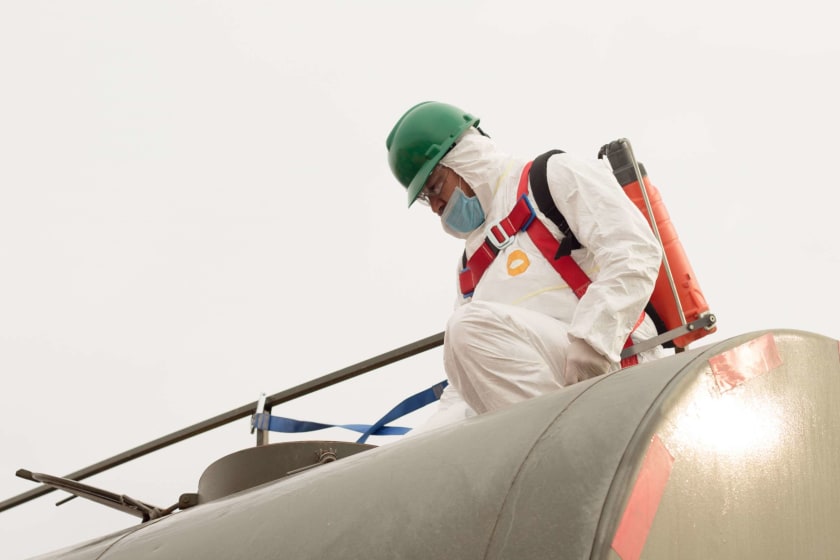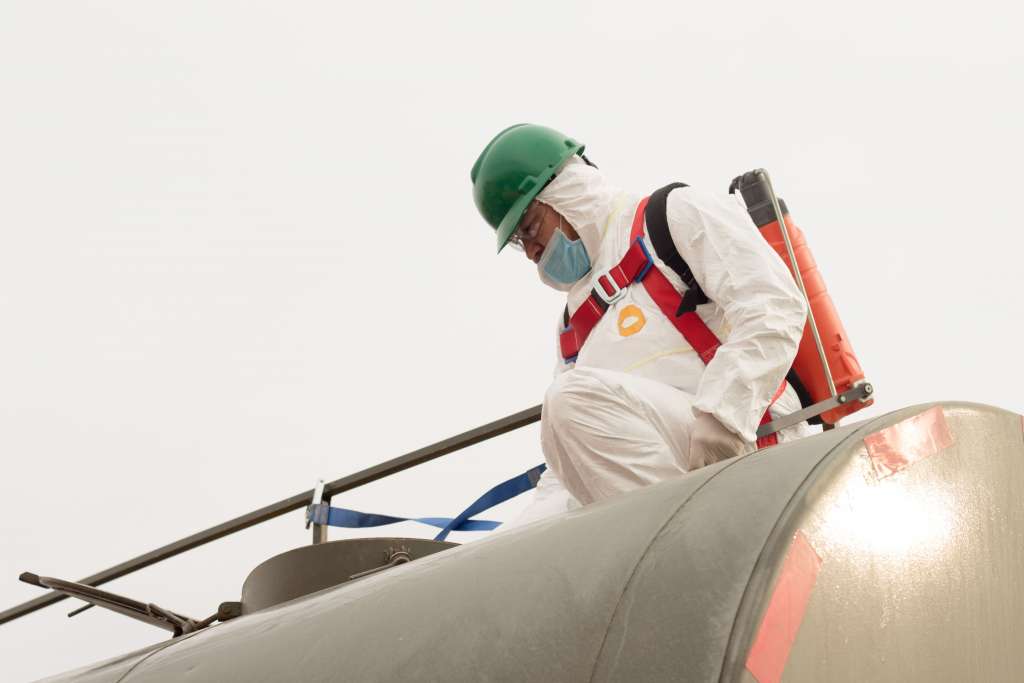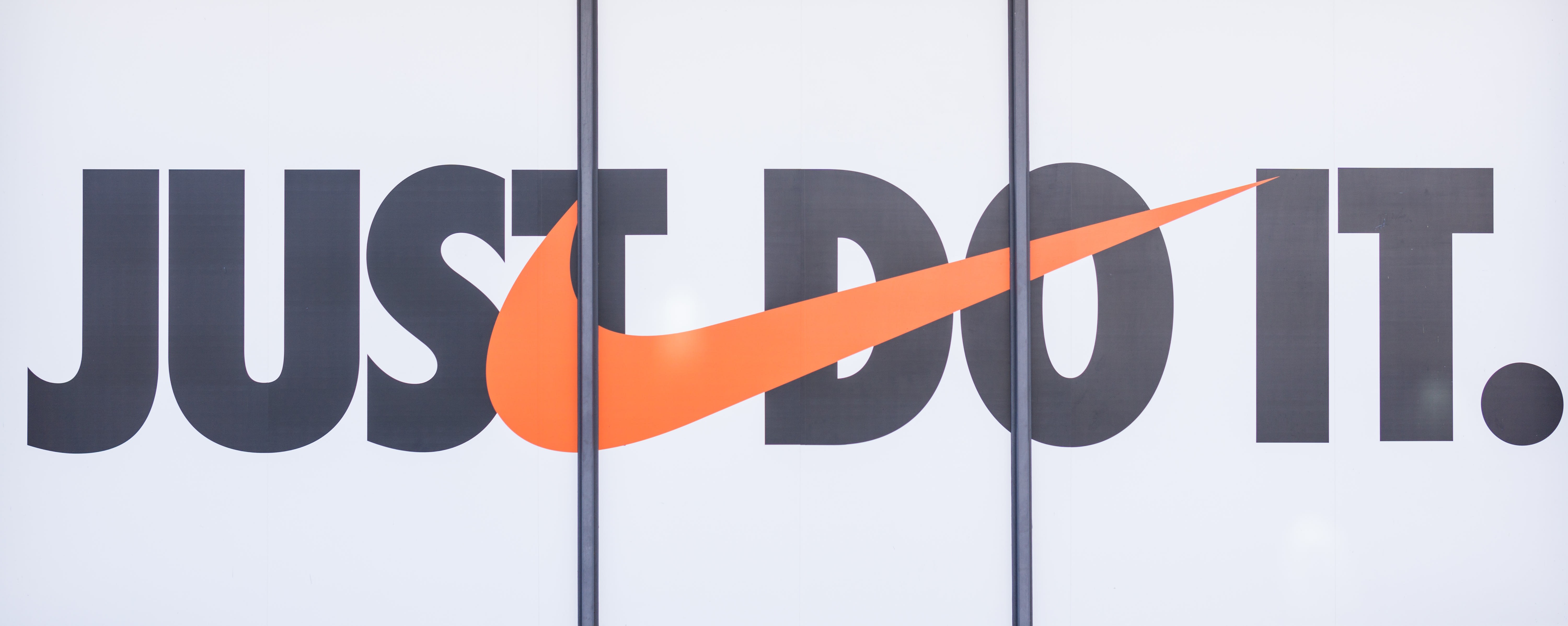What is PFAS? Why have Fashion Brands Stopped Using them?



In recent years, consumer welfare and environment protection groups have lobbied against the commercial use of a family of chemicals called PFAS. Brands and manufacturers in the global apparel industry have responded accordingly. We will explain what PFAS is and why sustainable fashion brands should discontinue its use.
What is PFAS?
Per and Polyfluoroalkyl Substances (PFAS) is a group of about nine-thousand synthetic organic substances. The textile sector uses PFAS as additives to make the final product stain, water and heat resistant. This unique chemical property makes it a valuable and widely used substance by apparel manufacturers globally.
Use of PFAS in the Apparel Sector
- Apparel makers use PFAS for regular wear items such as jeans, outdoor jackets, t-shirts, and shoes. PFAS makes these products resistant to heat, water, and stain.
- Textile manufacturers apply water and oil repellent properties of PFAS to produce rain and stain-proof clothes and daily wear.
- The heat and stain repellent properties of PFAS also account for outdoor wear and accessories such as waterproof jackets, shoes, tents, and backpacks.
- Textile makers also use PFAS for home articles such as tablecloths, carpets, and treating leather items.
- To sum up, the textile industry accounts for more than 50 percent of the commercial use of PFAS
Disadvantages of PFAS
If PFAS is so useful, why are fashion brands reducing its application in the industry? Let's look at the primary reasons:
- PFAS poses a grave threat to sustainable fashion models. Its use entails many health hazards and adverse environmental impacts.
- PFAS are also known as ‘forever chemicals’ since they remain permanently in the atmosphere. In other words, these chemical substances do not break down and accumulate in our systems and animals.
- With accumulation in animals and humans, PFAS are linked to serious health hazards such as liver diseases, lower immunity, thyroid and congenital disabilities, cancer, lower immunity, hormone malfunction, etc.
- PFAS also tend to contaminate the interior of households, schools, and retail stores, thereby causing millions in property damage.
- In a research conducted by the University of Rhode Island and Green Science Policy Institute, the team tested indoor air at twenty locations and found the ‘forever chemicals’ at seventeen sites.

Brand Response to PFAS
The disadvantages of PFAS substances outweigh the advantages. In response, several leading fashion brands have stopped using PFAS in their production cycle and using better alternatives for sustainable fashion.
Brands- Phased out or in the process of phasing out PFAS Altogether.
- Levi Strauss & Co.
- Victoria’s Secret
- Keen Footwear
- Deckers Brands (Teva, UGG)
- American Eagle
- Ralph Lauren
- Gap Inc.
- PVH
- Parent companies of Tommy Hilfiger, Speedo, Patagonia, and Calvin Klein.
In addition, brands like Walmart, Macy’s, Skechers, Wolverine, parent organizations of Keds, Merrell, Stride Rite, Hush Puppies, etc., have banned two core chemicals of PFAS: PFOA and PFOS.
Global-Regulation for PFAS
Environmental and social welfare groups have advocated strongly against the use of PFAS in any industry and applications. In the USA, Environmental Protection Agency has kept PFOS and PFOA high on their agenda for regulations in 2022.
In the South Asian sector, India played a part at the Stockholm Convention in 2006 that listed PFOS in the Global Restriction List in 2009. However, India did not implement the amendment, and the use of PFOS and PFAS is still unregulated in the country.
Lastly, Middle Eastern and South-East Asian Countries, the EU, Australia, and several other global regions are doing extensive studies about the impact of PFAS and making regulations.
Let’s Wrap
PFAS are not healthy for humans, animals and the environment. Sustainable fashion brands must look for alternative methods to make apparel resistant against heat, stain and water.
Textile manufacturers globally are adopting alternative methods and creating a greener future. Join the sustainable fashion movement by signing up with Fashinza and our 600+strong network of ethical partner brands.
Reference Links



















